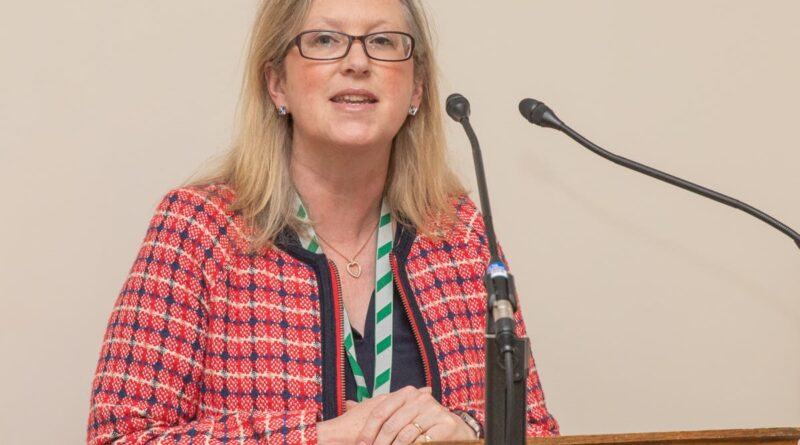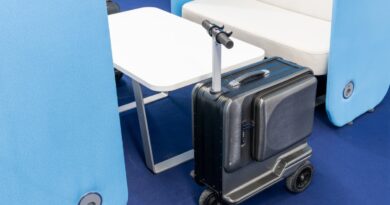Tory MP demands Brexit damage to school group tourism is eased
A Conservative MP who campaigned for Brexit has joined growing calls to ease the ban on travel to the UK by European school groups with ID cards.
Sally-Ann Hart, MP for Hastings and Rye, told The Independent it is “vital” that barriers to restoring inbound tourism are removed.
Her constituency has seen a collapse in school groups from the EU who previously stayed in the town while on English-language courses. In 2021, the government banned the use of ID cards by visitors to the UK.
Faced with the almost insurmountable hurdle of ensuring every student visiting the UK has a passport, school groups have switched to Malta and Ireland for English-language courses.
Bernard Donoghue, director of the Association of Leading Visitor Attractions (Alva), has called the ID card ban “a disastrous act of economic self-harm.”
He told The Independent: “Our English-language schools have been missing out on both customers and money for the last three years.”
Ms Hart’s constituency has been singled out by the chief executive of VisitBritain as an example of the damage caused. In 2022, Patricia Yates told MPs: “You will find destinations like Hastings absolutely decimated by a lack of school visits.”
Ms Hart said: “Inbound tourism is one of the jewels in the crown of the British economy and it is vital the government ensures that barriers to growth are removed to allow it to achieve its full potential.
“This includes working to boost the numbers of language students coming to the UK to learn English, including in the beautiful constituency of Hastings and Rye.”
In October 2021, the then-home secretary, Priti Patel, carried out her promise to “end the use of insecure ID cards for people to enter our country”.
She said: “We are strengthening our border and delivering on the people’s priority to take back control of our immigration system.”
But UK Inbound, representing tourism businesses, says: “This has had a hugely detrimental effect on the UK’s valuable school group travel industry.”
Schools in France are now allowed to bring groups with ID cards, but the inbound tourism industry is calling for further relaxation.
UK Inbound says: “Communities across the UK, particularly in coastal areas which are traditionally home to the language schools that many of these school groups attend, are losing out on valuable expenditure.
“Many British families who traditionally host students every year are also missing out on income they would have otherwise received.”
A government spokesperson said: “Last year, the UK committed to ease the travel of school groups to the UK by making changes to documentary requirements for schoolchildren on organised trips from France.”
At the time the ID card ban was introduced, the government said: “Inconsistency in the design and security features of these cards creates problems for effective border control given the potential for fraud and the need for manual processing.
It described European ID cards as “some of the most abused documents seen at the border”.
But the Tourism Alliance, representing tourism trade associations, says: “The likelihood of any absconding from this cohort is very small – the children have families back in their resident country and they are accompanied by an adult with full documentation.”
The organisation claims inbound school groups previously contributed £28.6bn annually to the UK economy.
Ms Hart said in previous campaign literature: “I voted to leave and have campaigned ever since to respect the will of the people.”
The slump in the value of sterling relative to the euro – down about 15 per cent since the EU referendum – makes the UK more financially attractive to overseas visitors who have the correct documentation.




